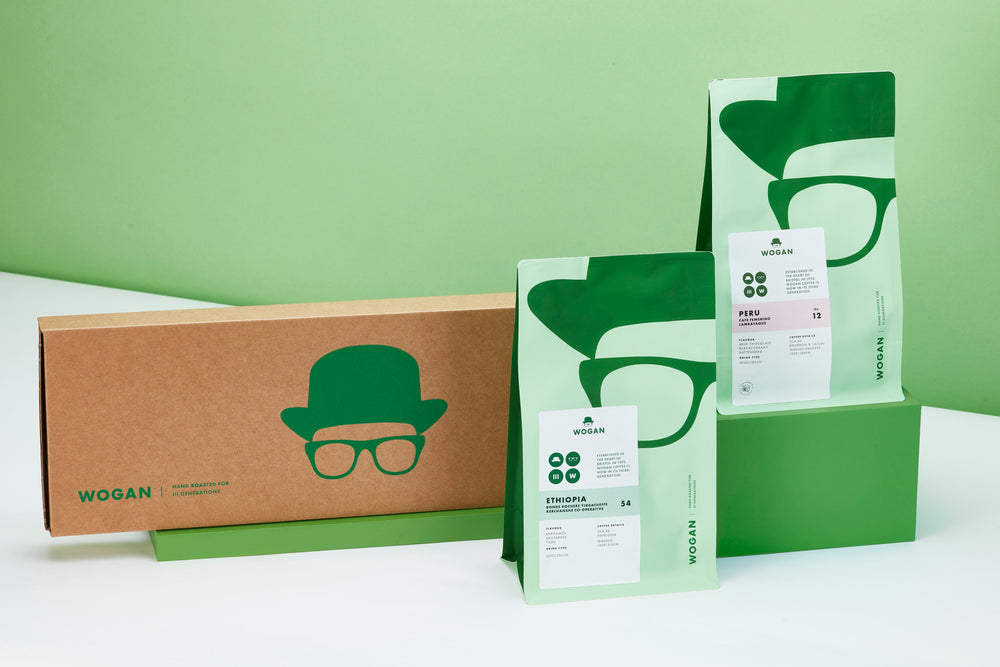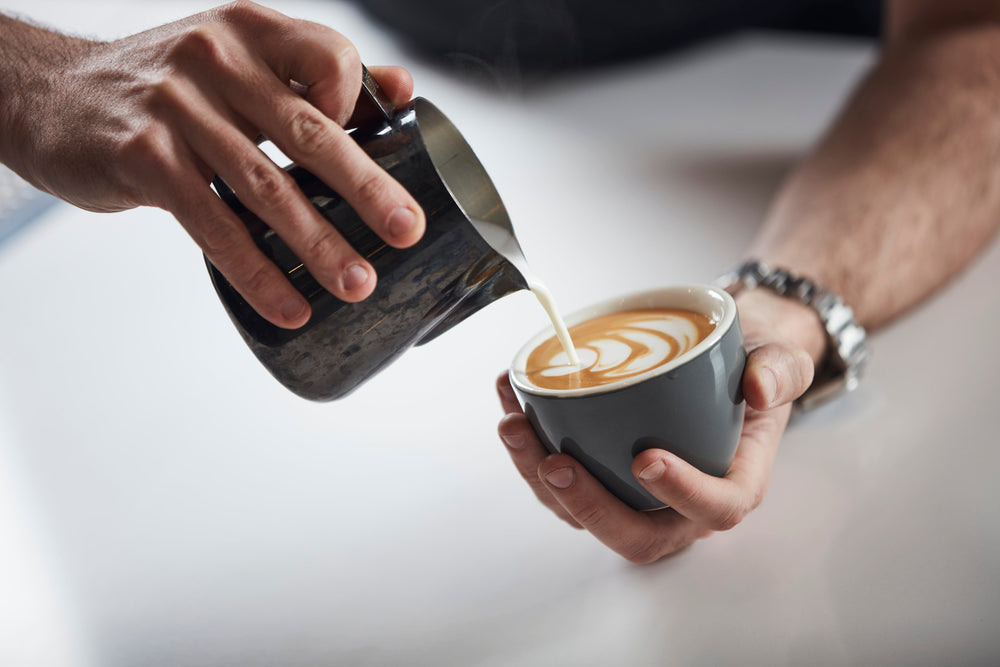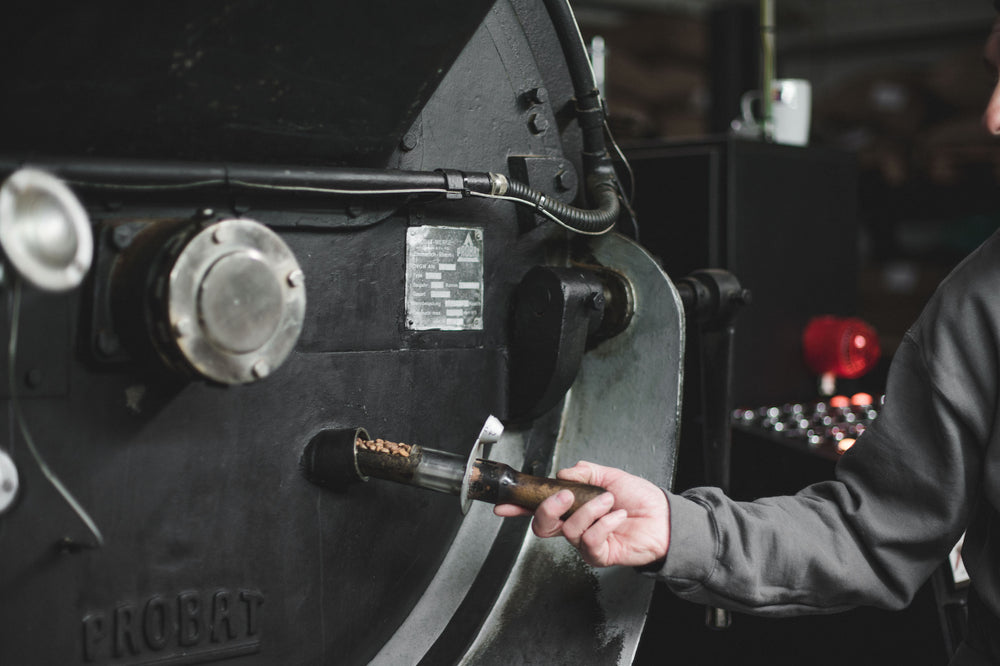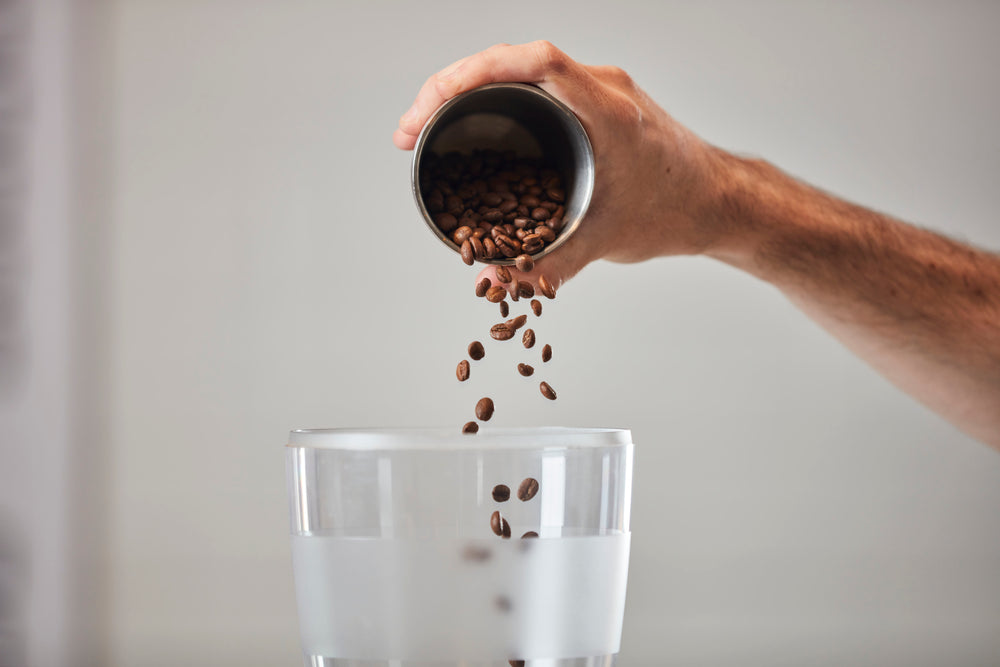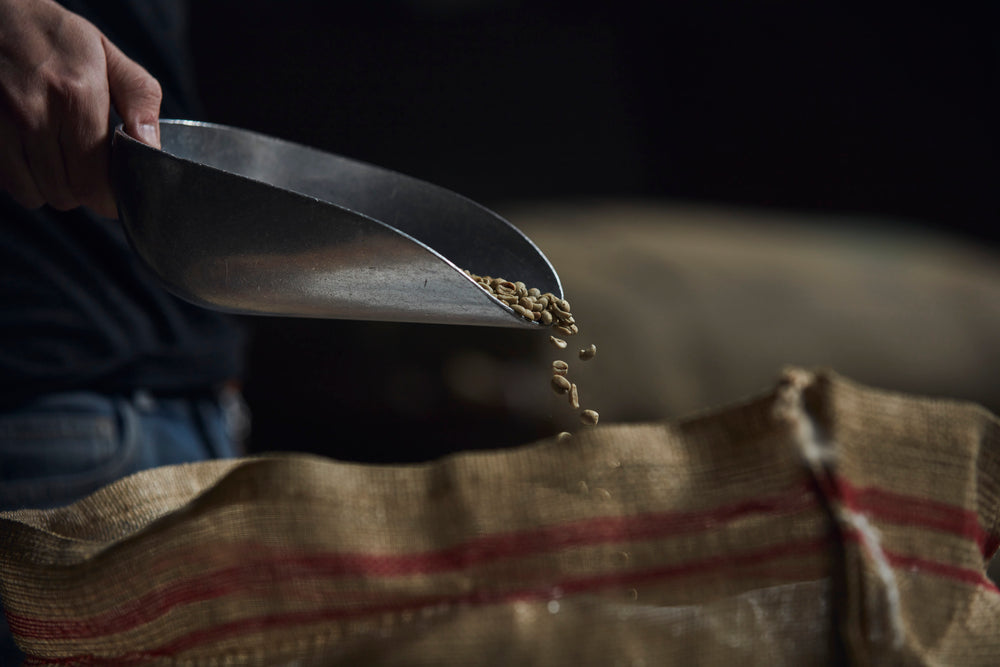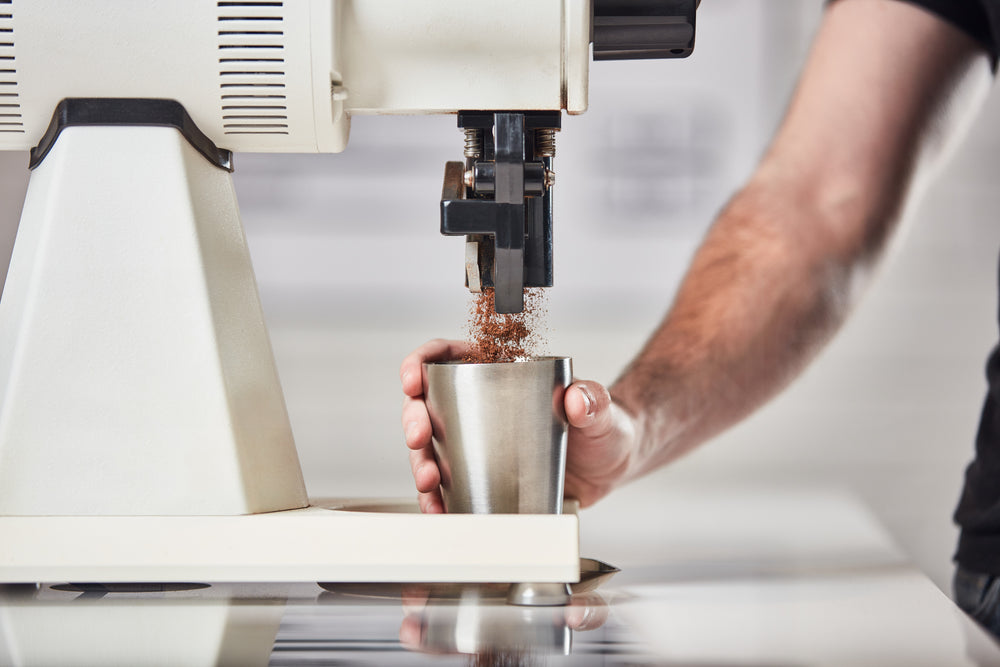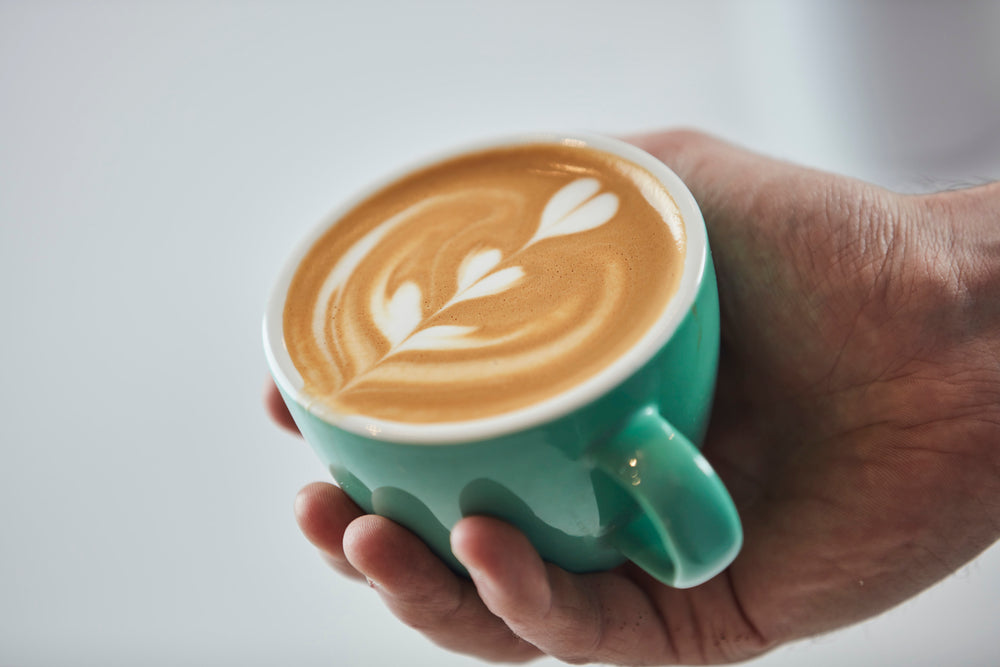
MONTHLY SPECIAL - Indonesia Sumatra, Asman Gayo Natural
stewed plums ~ marzipan ~ sour cherry
Every month, our resident Q Grader and third-generation Wogan, James, searches the world to find a coffee that is ‘weird and wonderful’, and truly excites. A micro-lot, a great back-story, an impressive cooperative, or a particularly unusual taste; once it's gone, it's gone.
We keep the prices of these extraordinary coffees down, so that you have the chance to try something that you might not be able to get your hands on otherwise.
The farm
This coffee comes from a small mill in the Pegasing district of Takengon, in Sumatra's coffee-famous Aceh region ran by Cup of Excellence winner Asman Arianto. The Asman Gayo mill serves several small coffee producers within the Pantan Musara villages. Several years ago, these producers were dislocated from their homes and land because of a natural disaster, and they have rebuilt their lives and farms with a new focus on coffee. Unlike the vast majority of other Sumatran coffee receiving and processing centers, this mill is producing Washed coffees, as well as Naturals.
The microlot
Microlots from Sumatra are most commonly traceable to the mill level, but occasionally traceable to the producer. Because of the generally small size of farms in Sumatra, most produers' coffee is blended together with that of other smallholders. Microlot coffees not only have more traceability than those blended lots, but also achieve the highest quality and are rewarded with the highest prices.
The process
Natural coffees are typically processed the day they are harvested, and are first sorted for ripeness and quality before being rinsed clean of debris. In many places this initial sorting happens via a float tank: Damaged and defective cherries will float to the top to be removed, while high-quality coffee will sink to the bottom to be cleaned and dried. After sorting, cherries are spread on raised drying beds, table, tarps, or patios, where they will be rotated constantly throughout the course of drying.
Drying can take an average of 30–40 days, depending on the weather.
Why Wogan?


Sustainable and ethical
We've made it this generation's mission to put sustainability at the forefront. We’ve pledged to be Carbon Neutral by 2030 and are well on our way to getting there. LDPE4 recyclable bags, a Roastery powered entirely by solar energy, and a hell of a lot more.

our story
We, at Wogan Coffee, have been lovingly hand-roasting speciality, ethical, sustainable and traceable coffees since 1970. In our third generation, and a wholly independent family company, you can find us rooted in Bristol; the same city as when Mr Wogan established the business over fifty years ago. Laura and James, grandchildren of the bowler hatted gentleman, now have the ropes firmly in their grasp; James as our resident Q Grader in the Bristol Roastery Headquarters, and Laura in London.
